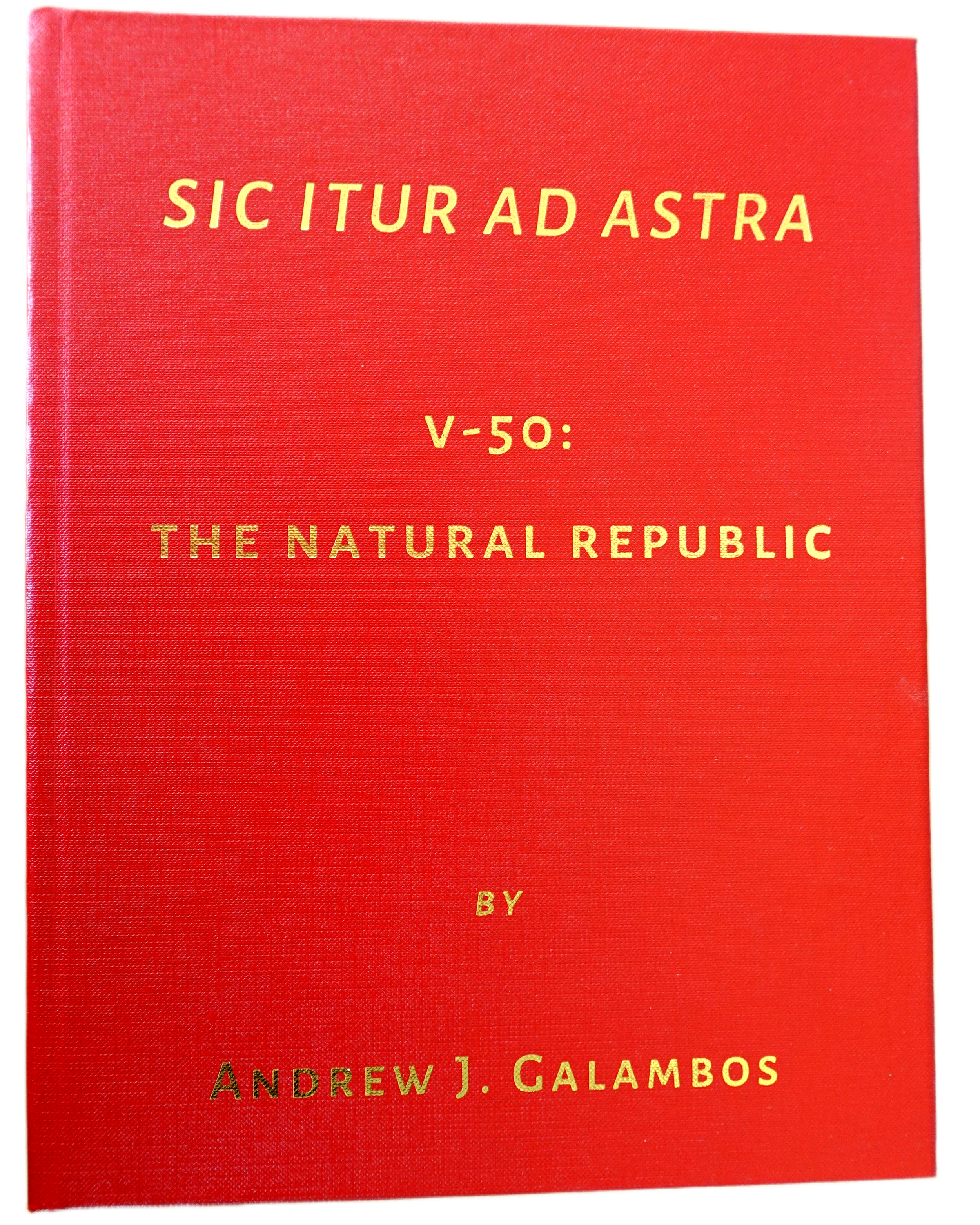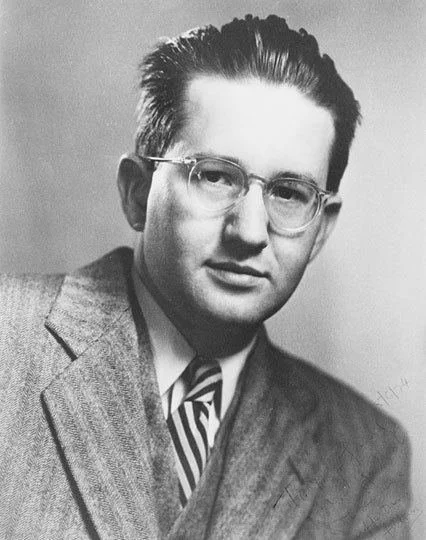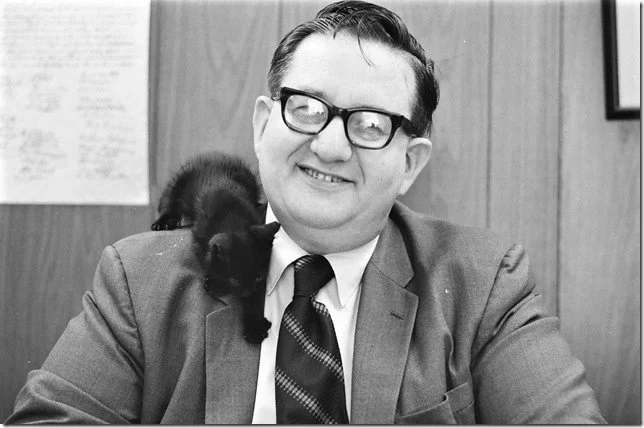About Andrew Galambos & Volitional Science
“Remember what my father taught me: ‘Words fly away, writing remains’” STIP 17: Session 1, Part B, July 11, 1982
-
“Remember what my father taught me: ‘Words fly away, writing remains’” STIP 17: Session 1, Part B, July 11, 1982
“Remember what my father taught me: ‘Words fly away, writing remains’” STIP 17: Session 1, Part B, July 11, 1982 - “Remember what my father taught me: ‘Words fly away, writing remains’” STIP 17: Session 1, Part B, July 11, 1982
Andrew J. Galambos is the innovator behind volitional science, the framework through which he taught his 117 courses at The Free Enterprise Institute from 1961 through 1989. Volition refers to the ability to make choices. Science is organized knowledge. Volitional science is a series of organized, observationally corroborable ideas about how human beings make choices and the consequences thereof.
Unlike “social science,” which is not a true science at all, volitional science is derived exclusively through the use of the scientific method, as in physics. Volitional science is fully integrated with the same physical science principles that Isaac Newton integrated in 1687. It is a direct product of our progress in the physical sciences.
Prior to founding The Free Enterprise Institute in 1961, Galambos unhappily worked as an astrophysicist for state-run defense contractors Ramo-Wooldridge and North American Aviation, both of which he referred to as “boondoggles.” Later, he taught physics, mathematics, and astronomy for at Carleton College in Minnesota and Whittier College in California.
Professor Galambos had a unique style of teaching in which he presented individual chunks of knowledge that didn’t have any seeming correlation with each other, and then spread them all out like a jigsaw puzzle, session by session, in his lectures. In this way, he gradually showed how each individual chunk of knowledge interlocks with the others until finally you can see the whole picture. His teaching technique was actually the technique of science, inductive knowledge generation. That is how any theory of knowledge is taught, both in its generation and in its exposition.
Fortunately for posterity, Galambos recorded all of his lectures on reel-to-reel tapes. His literary executor, William W. Martin, transcribed and edited the tapes of his basic courses, culminating in a unique publication he called Sic Itur Ad Astra, meaning “This Is the Way to the Stars.” SIAA establishes the foundation of volitional science and shows how the same scientific method that led men to build bridges and go to the moon can be used to build a free society.


